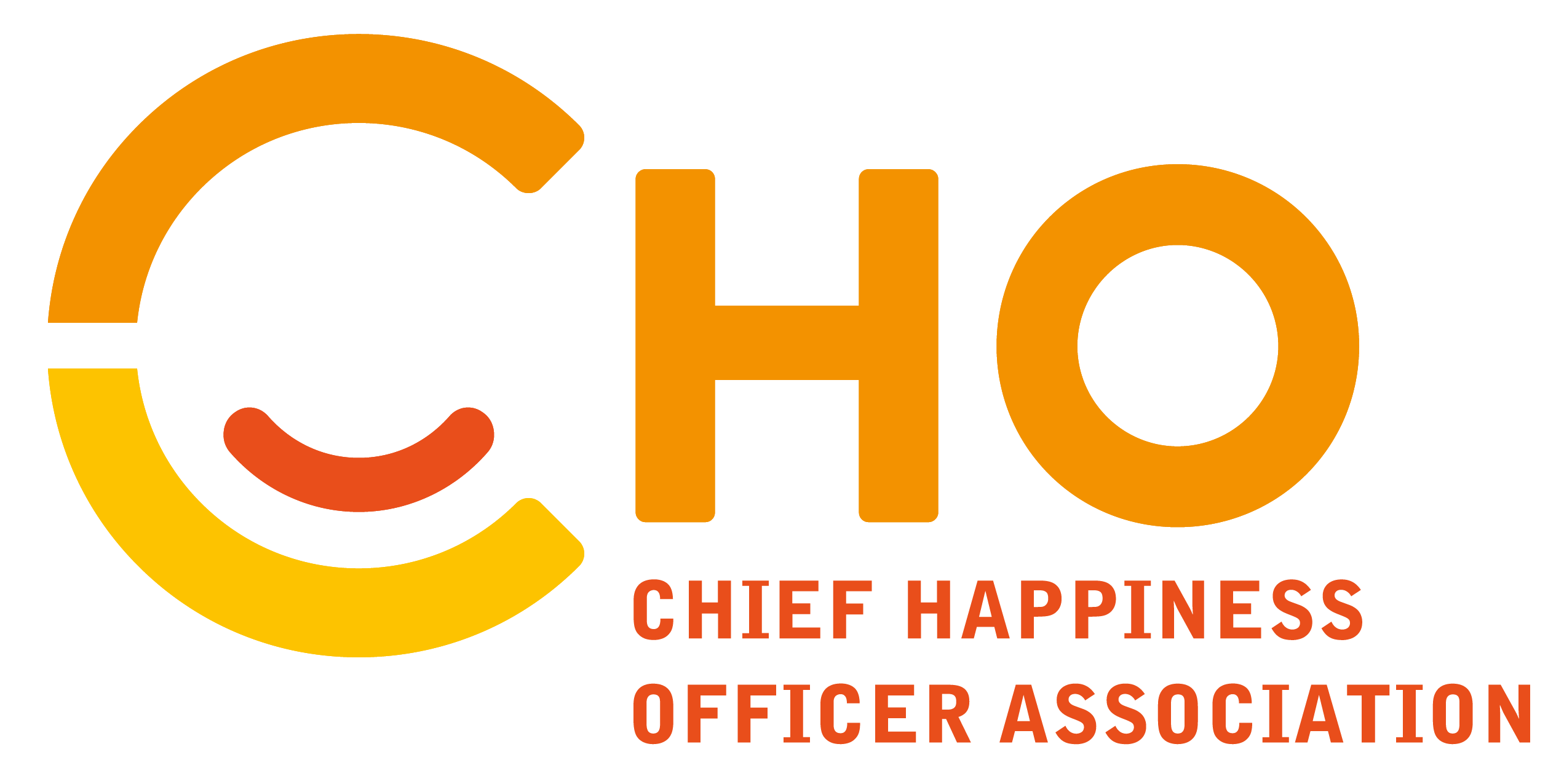
A common confusion is, “The organisation already has KPIs, do I still need OKRs?” KPIs are often found in traditional industry internal management and relatively high-index businesses. OKR stands for “objectives and key results”, and is often used in innovative enterprise management models, allowing employees to play freely, get rid of inherent frameworks, and enhance employees’ workplace happiness.
OKRs stand for “Objectives and Key Results.” It is a collaborative goal-setting methodology used by teams and individuals to set challenging, ambitious goals with measurable results. OKRs allows you to track progress, create alignment, and encourage engagement around measurable goals. OKR should be set realistically that aligns with the company’s direction. Monitoring and tracking their accomplishments weekly can create a clear outcome-driven focus that allows team members to prioritise their everyday routine.
If you use one sentence to briefly explain the difference between the two: Key Performance Indicators (KPI, Key Performance Indicators) are “what others want us to do”, and OKR is “what we want to do ourselves”.
Website: https://choassociation.org
To learn more about CHOA, just drop us a message!
